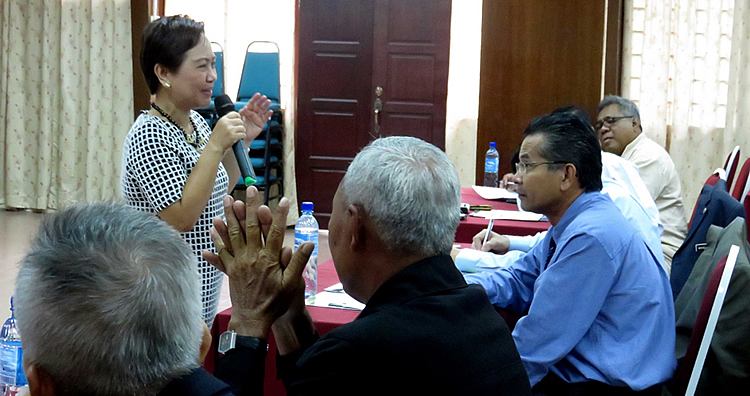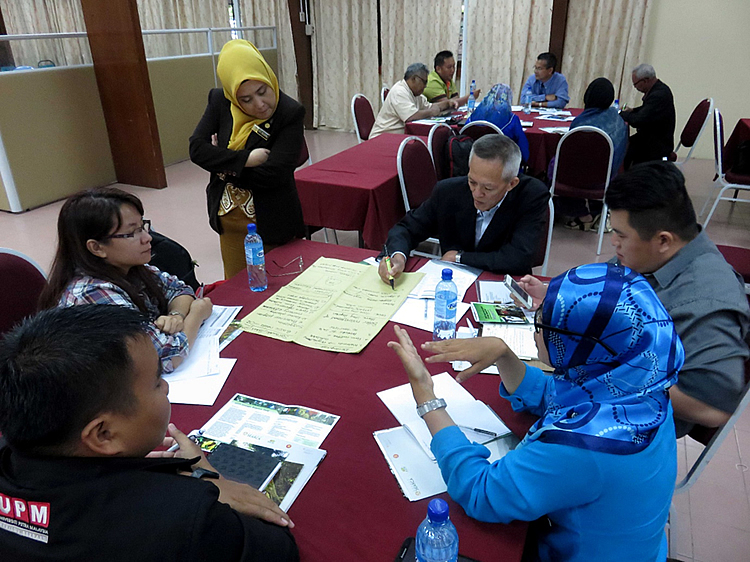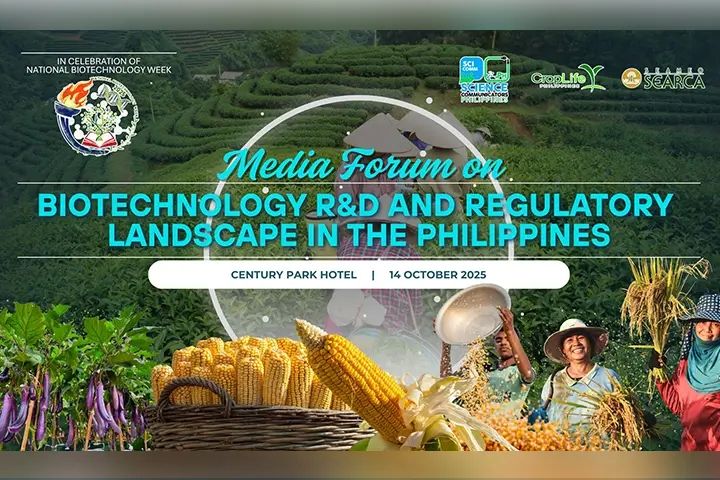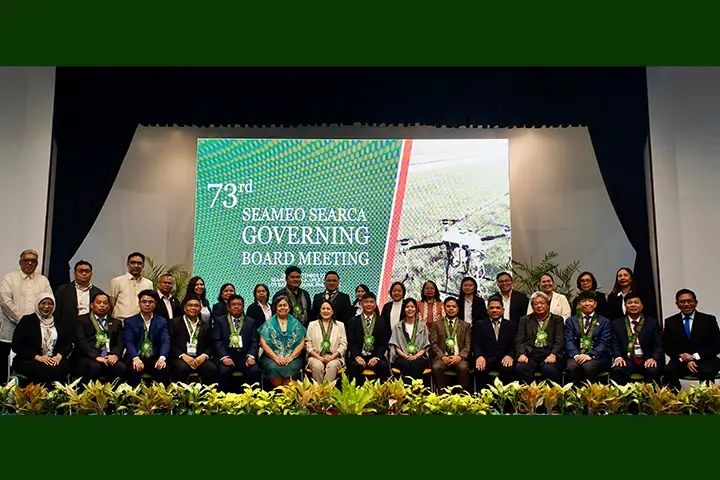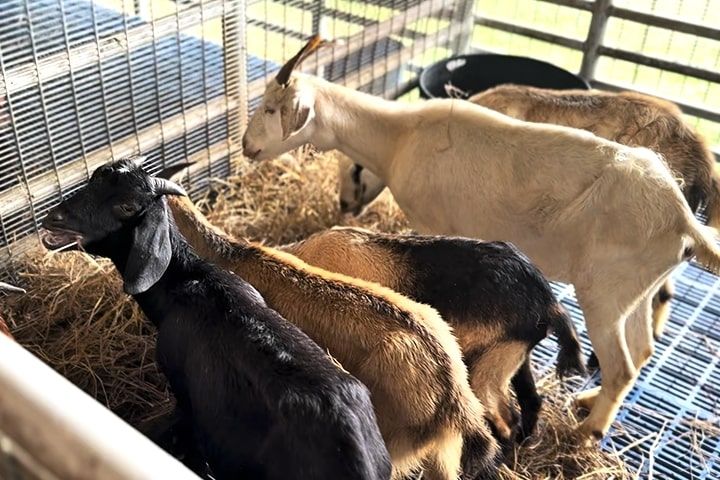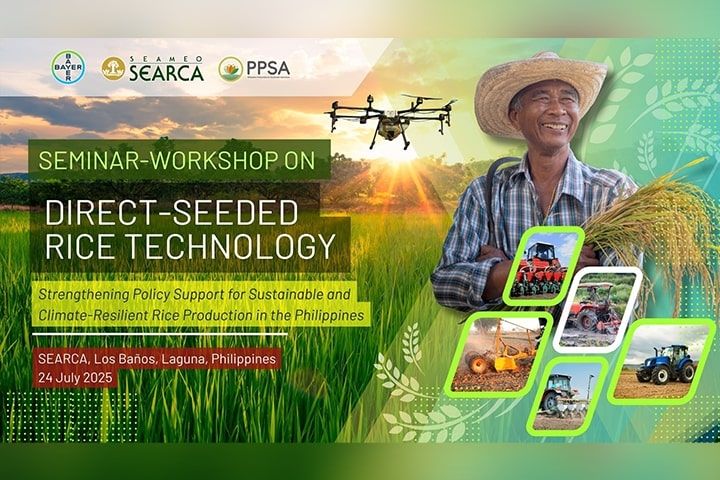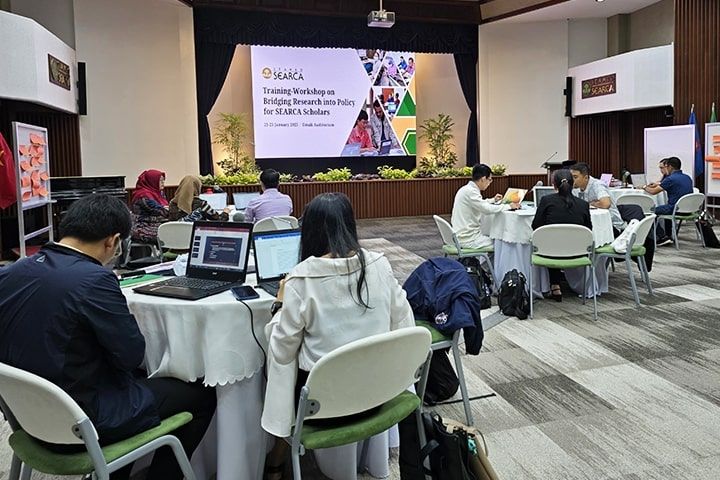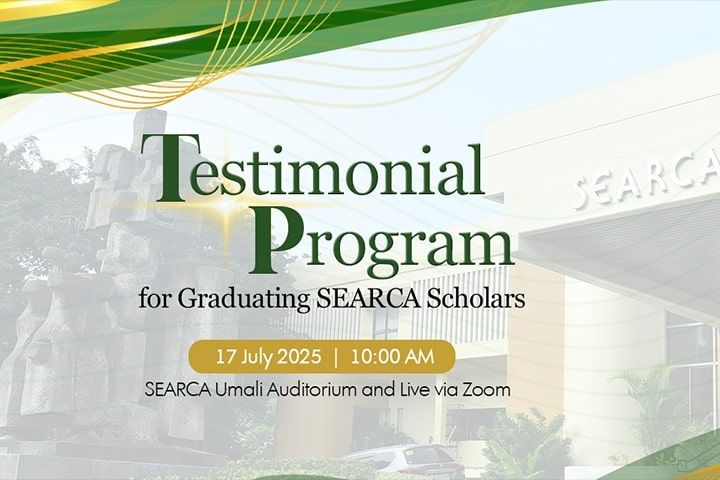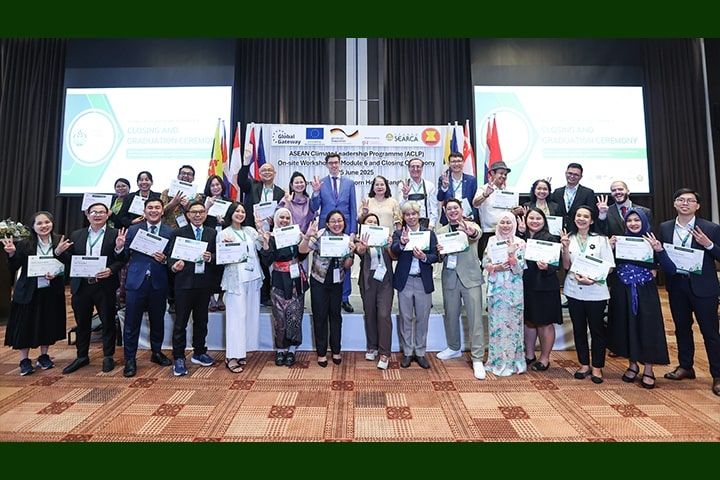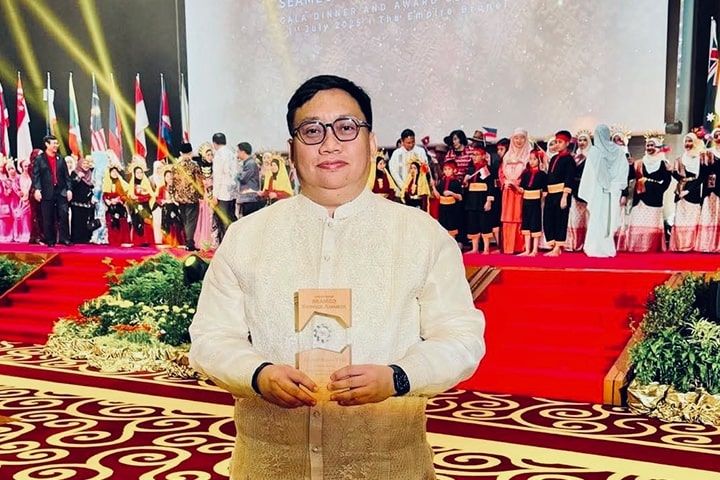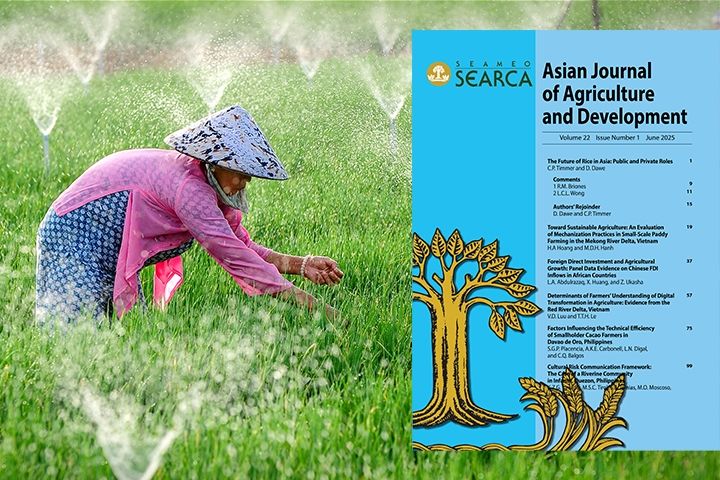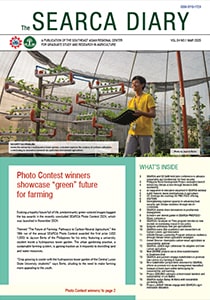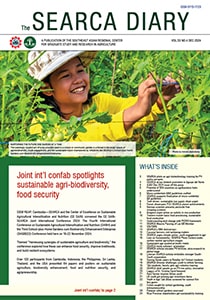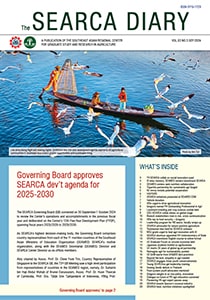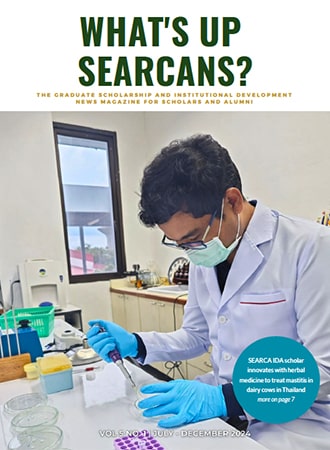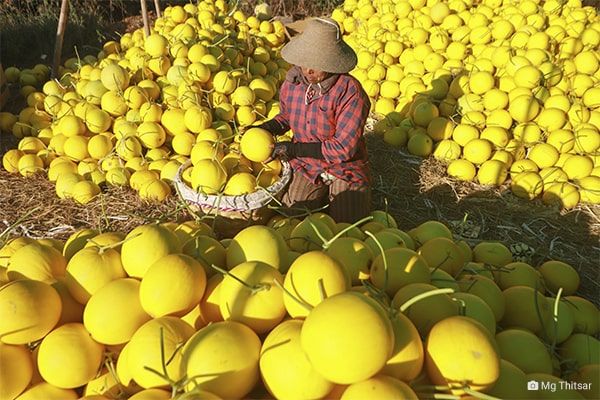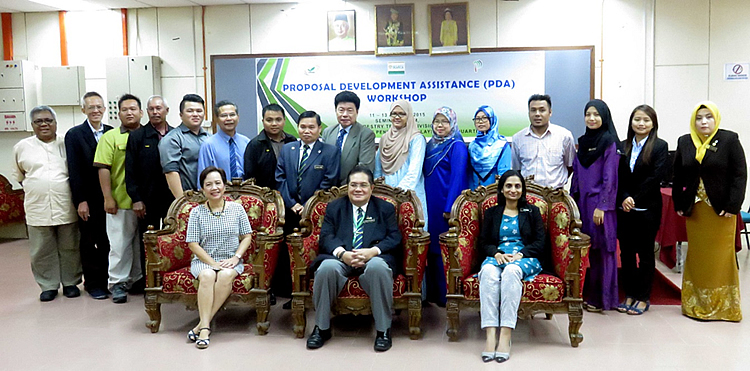
SELANGOR, Malaysia – The ASEAN Social Forestry Network Strategic Response Fund (ASRF) successfully completed its target of conducting four Proposal Development Assistance (PDA) activities after the recent workshop held at the Forest Training Division of the Forestry Department Peninsular Malaysia in Kepong on 11-13 August 2015. Similar workshops were held in Lao PDR, Indonesia, and Myanmar earlier this year. The PDA workshops aimed to assist ASEAN Member States (AMS) in developing project proposals that would respond to the needs of the ASEAN Social Forestry Network (ASFN) Focal Points in addressing emerging issues related to social forestry in their respective countries. The PDA is also intended to identify issues and determine priority interventions that will help address them.
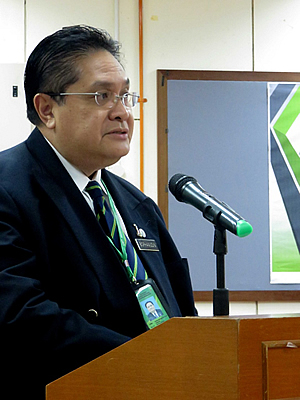 Malaysia’s project proposal is aimed at coming up with a road map on social forestry in Malaysia including a national definition of “social forestry” that is agreed on by the three states of Peninsular Malaysia, Sarawak, and Sabah. It was noted during the workshop that coming up with a national definition would greatly push forward efforts to promote social forestry in the country. The proponents plan to conduct consultations both at the state and at the national level to involve multi-stakeholder participation in the formulation of the definition and the road map. Aside from the PDA-generated proposal, the workshop also came up with a short list of possible topics that they plan to develop and submit as out-of-call proposals to the ASRF.
Malaysia’s project proposal is aimed at coming up with a road map on social forestry in Malaysia including a national definition of “social forestry” that is agreed on by the three states of Peninsular Malaysia, Sarawak, and Sabah. It was noted during the workshop that coming up with a national definition would greatly push forward efforts to promote social forestry in the country. The proponents plan to conduct consultations both at the state and at the national level to involve multi-stakeholder participation in the formulation of the definition and the road map. Aside from the PDA-generated proposal, the workshop also came up with a short list of possible topics that they plan to develop and submit as out-of-call proposals to the ASRF.
The workshop was attended by participants from the Ministry of Natural Resources and Environment (MoNRE), Forestry Department of the three states (Peninsular Malaysia, Sarawak, and Sabah), the academe, and a representative from a community. The PDA was facilitated by Mr. Borhanudin Arshad, Deputy Director General of Forestry Department Peninsular Malaysia with overall supervision by Ms. Amy M. Lecciones, ASRF Regional Coordinator. Director Borhanudin read the Welcoming Remarks of Dato Sri Dr. HJ. ABD. Rahim, Director-General of Forestry Department Peninsular Malaysia. In the latter’s remarks, he emphasized that in the Malaysian context, social forestry has been perceived and is widely accepted as one of the important forestry programs that may provide immense opportunities for local communities and indigenous peoples to benefit from their rich tropical rainforest. He also thanked SEARCA-ASRF for organizing the workshop, thus, providing an opportunity for Malaysia to craft a strategic initiative to help address emerging issues on social forestry particularly those related to food insecurity, poverty, and climate change. (Amy Lecciones)
